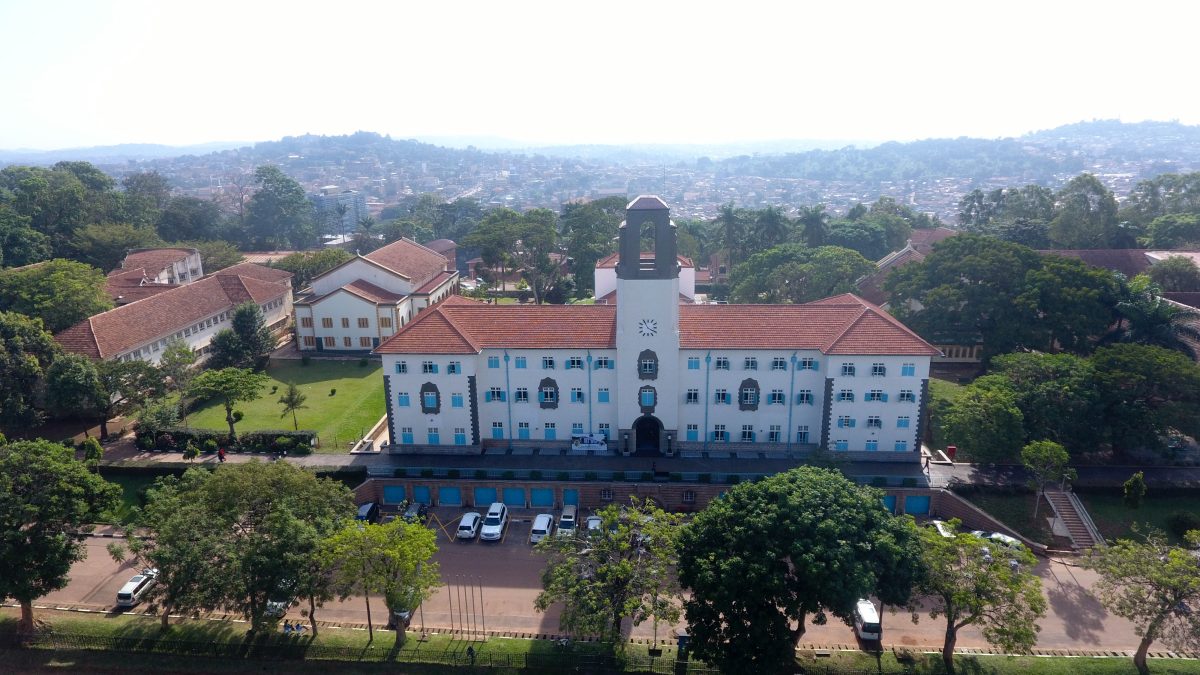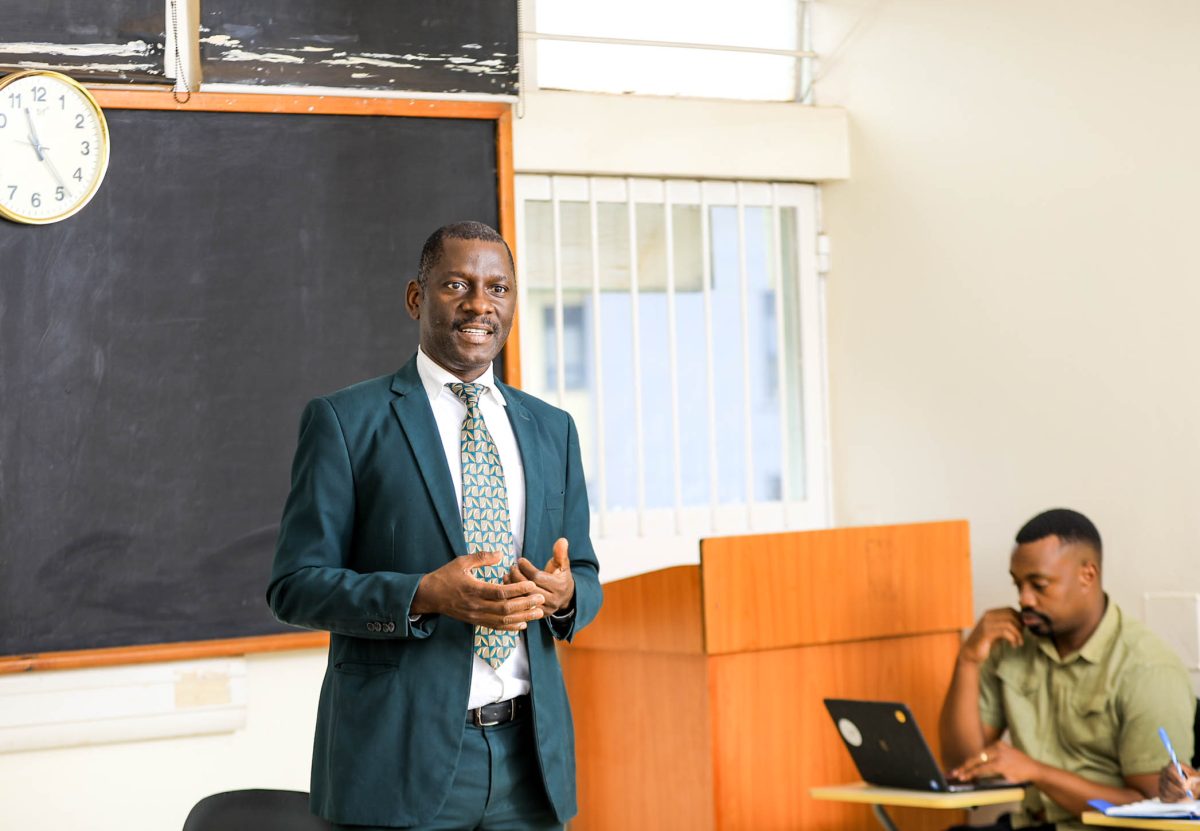A smarter way to track scholars
July 1st, 2025 | Kampala — Makerere University is on a listening tour. The University’s Directorate of Graduate Training (DGT) and Directorate for ICT Support (DICTS) met lecturers at the School of Public Health to introduce a prototype Research Information Management System (RIMS). The briefing, held in Lecture Room A, drew heads of department, faculty registrars, research supervisors, and graduate coordinators, the very people who shoulder the university’s research training burden.
RIMS is the latest attempt to modernize how Uganda’s oldest university manages graduate education. The system, backed by the Makerere University Research and Innovation Fund (Mak-RIF), aims to digitize the long paper trail typically involved in supervising master’s and PhD students. From monitoring dissertation comments to allocating examiners and tracking student timelines, RIMS promises to cut delays, boost accountability, and foster more seamless interactions between faculty and administration.
“There is great feedback,” said Arthur Opio, the Ag. Principal IT Officer at DICTS, who noted that improvements are already being made based on similar engagements with stakeholders at other colleges. At each stop they ask supervisors, registrars, and heads of department what would actually lighten their administrative load. He noted that the RIMs will integrate components of the Academic Management Information System (ACMIS) and the Makerere human resource management system (eHRMS).
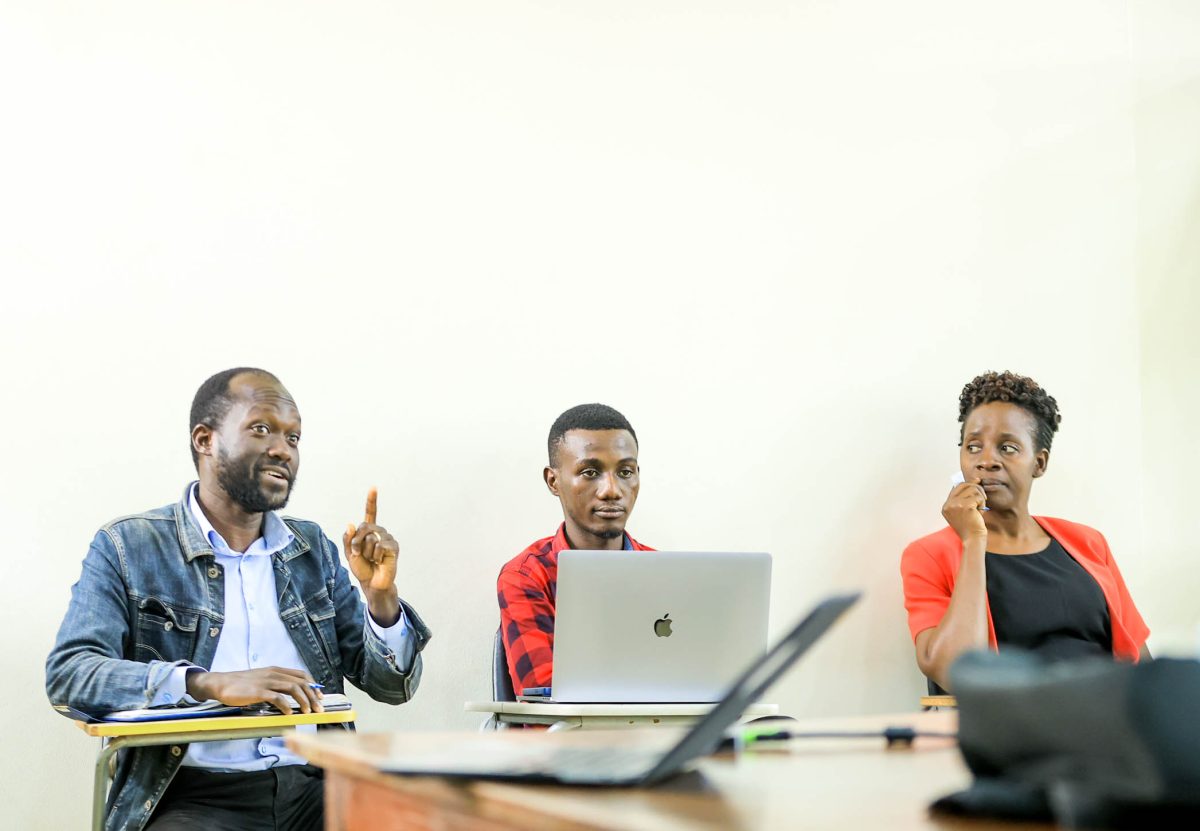
Staff at MakSPH welcomed the platform with cautious optimism. Ms. Gladys Khamili, Principal Registrar at MakSPH, said RIMS could help supervisors track student progress and improve the timeliness of feedback. Digitizing these processes, she noted, would ease coordination and reduce delays in graduations. She emphasized the need for features like automated logging of supervisor comments and alerts for overdue feedback. Others called for additions such as workload tracking, dashboards for seminar and journal submissions, and integration with teaching timetables.
“I hope the developers include features that calculate supervisor workloads, alongside tracking the various stages and activities of PhD training, such as paper submissions, seminar presentations, teaching, and journal publications,” Ms. Khamili said. “It would also be helpful if the system could integrate teaching timetables to better monitor teaching and learning.”
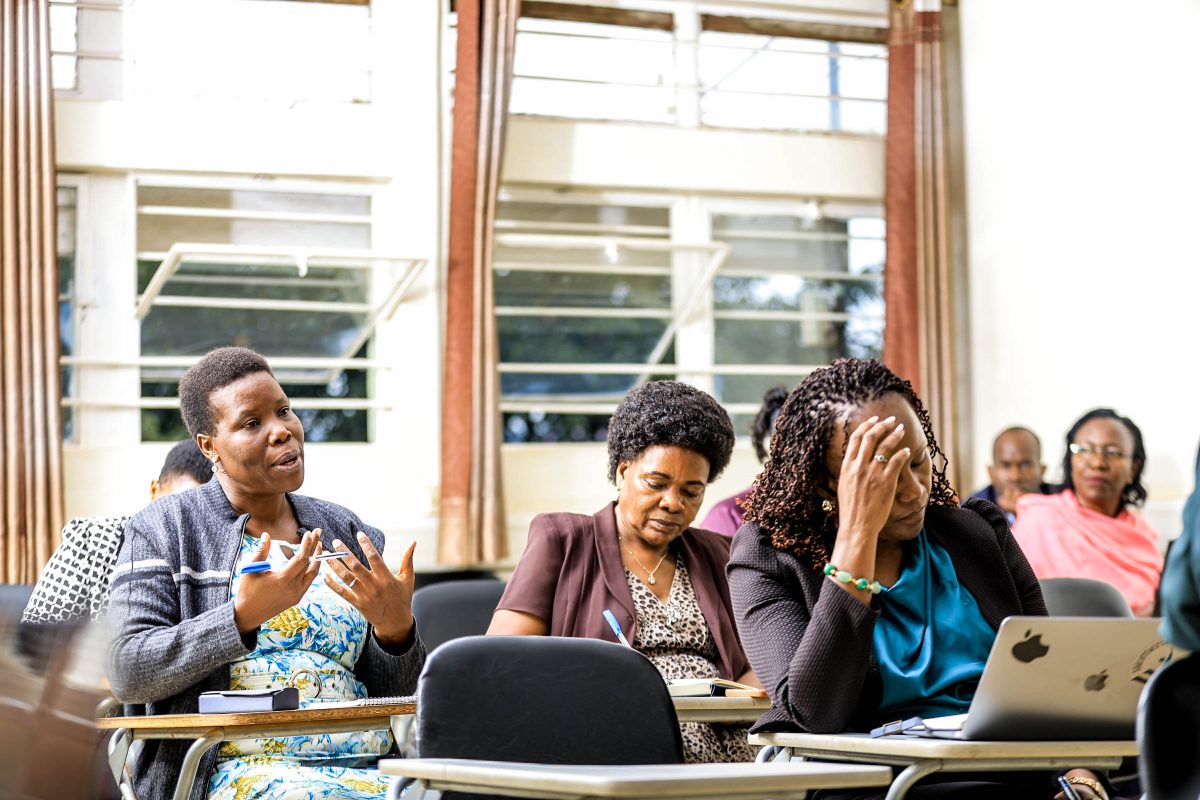
Staff welcomed the idea but asked for more. Professor Elizeus Rutebemberwa, the Deputy Dean of MakSPH, said this was a welcome development as it would help ease graduate training and also support faculty in tracking their students down with ease. “There are some students who get lost, and by the time they return or wake up to resume their work, you have even forgotten their names. I think this will help us in tracking,” he said.
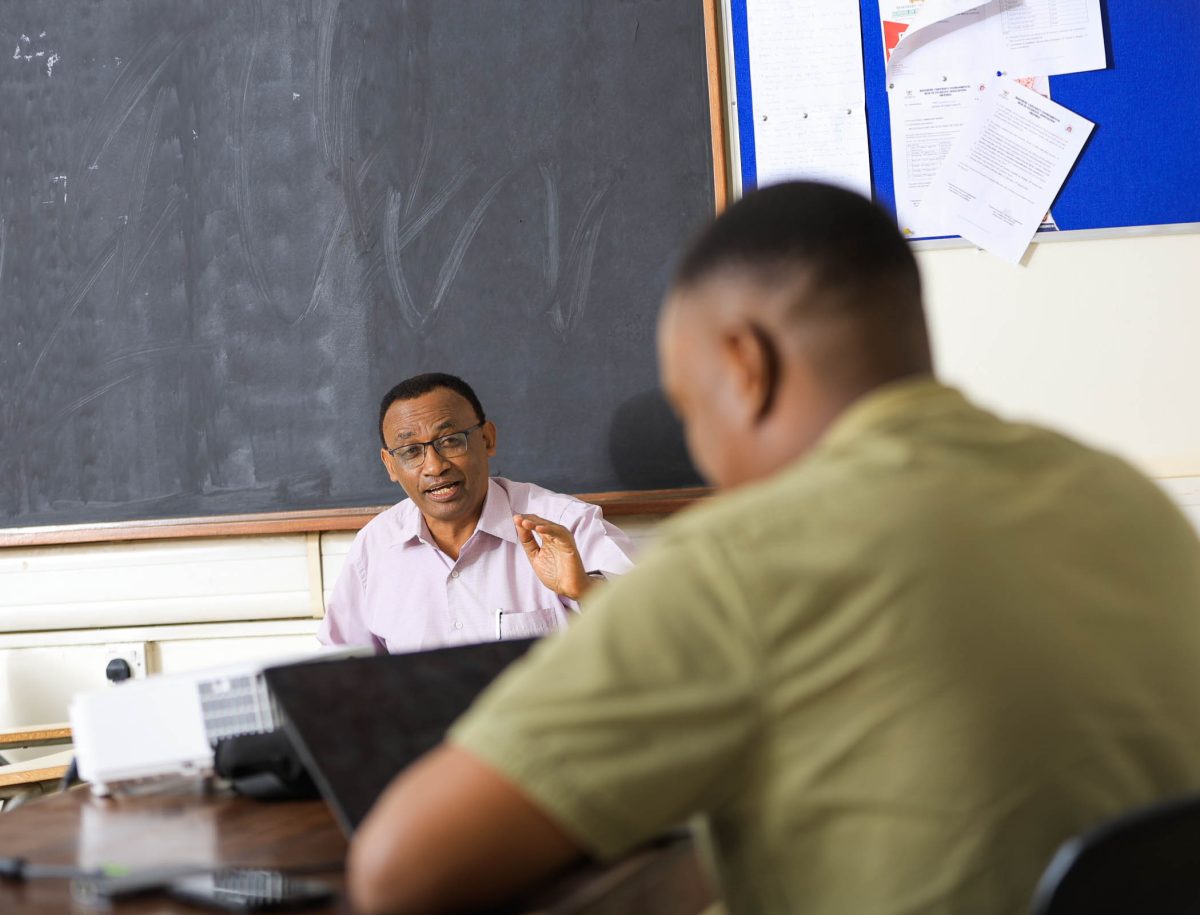
Ms. Khamili, Principal Registrar, said the system should “automate logging of supervisor comments and alerts for overdue feedback” to speed up graduations. She also wants dashboards for seminar and journal submissions, workload tracking, and links to teaching timetables.
“I hope the developers include features that calculate supervisor workloads, alongside tracking the various stages and activities of PhD training, such as paper submissions, seminar presentations, teaching, and journal publications,” she said. “It would also be helpful if the system could integrate teaching timetables to better monitor teaching and learning.”
Dr. Suzanne Kiwanuka, Associate Professor and Head of Health Policy, Planning, and Management, urged caution: “We need systems that talk to each other,” she said, warning against software that forces staff to repeat the same data in different databases.

Professor Julius Kikooma, Acting Director of Graduate Training, underscored the School of Public Health’s leadership in graduate training. “The School of Public Health is a graduate school with the best practices. You are well organized,” he said. “Your feedback comes from a place of strength. You are one of our benchmarks.”
RIMS fits Makerere’s broader plan to shift resources toward postgraduate training and research. Visitation committees in 2016 and 2017 urged the university to focus on these areas, and the 2020‑2030 Strategic Plan sets a goal of 10,000 graduate students, about 40 per cent of enrollment, by the end of the decade if the university is to become a globally competitive, research-led, doctoral-granting institution.
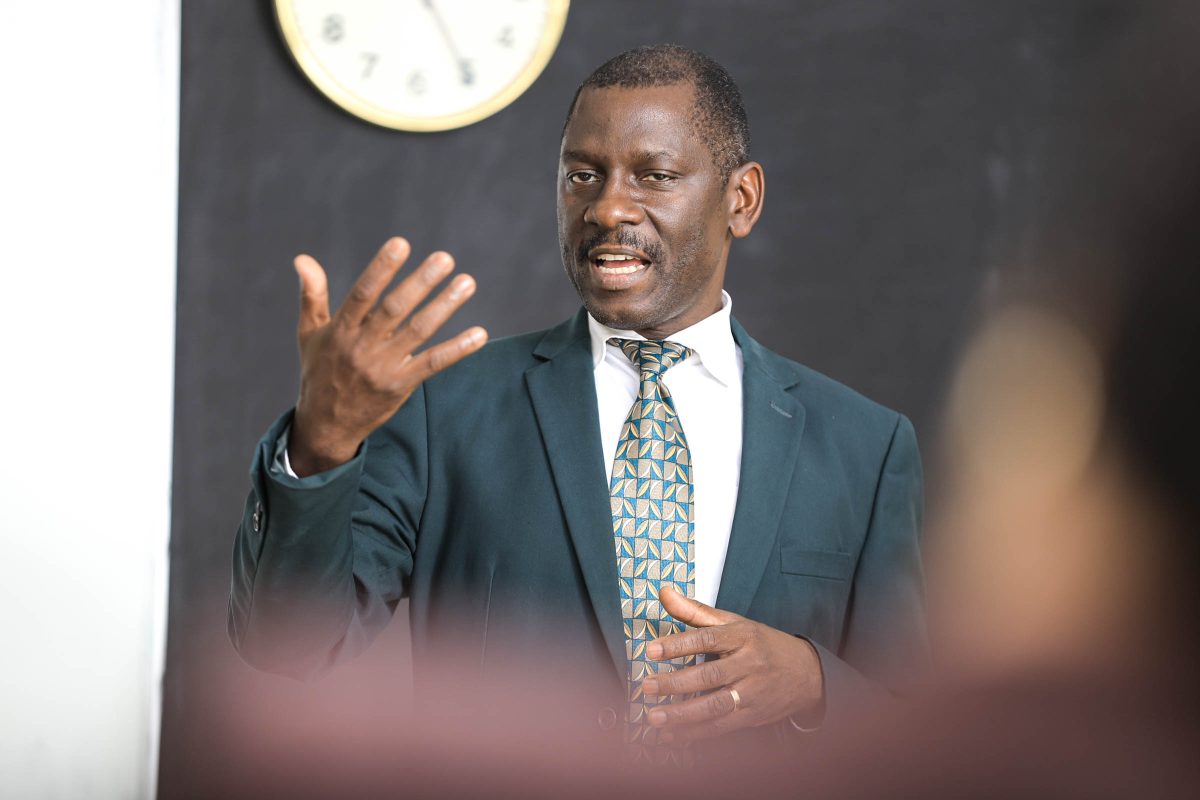
The Dean of MakSPH, Professor Rhoda Wanyenze, welcomed the system as a timely intervention that promises to enhance service delivery to students.
“We appreciate the effort to ease our work in providing better services to students. We have a large number of students, and as our graduate population grows, we hope this system will support us in shaping and improving the services we offer as a university. We congratulate Professor Kikoma and his team on this effort,” said Prof. Wanyenze.
Makerere’s leadership has made no secret of its ambitions. The Vice Chancellor, Professor Barnabas Nawangwe, has echoed this vision in public speeches, interviews, and tweets, with strong backing from the Ugandan government, including exclusive access to the Research and Innovations Fund and endorsements from President Yoweri Kaguta Museveni.
Whether the new software can help reach that target will depend less on its code and more on whether the research it tracks is actively used to inform policy, improve lives, and justify the investment in postgraduate education. Success will therefore rely not only on systems and software but also on putting the research produced to practical use.
